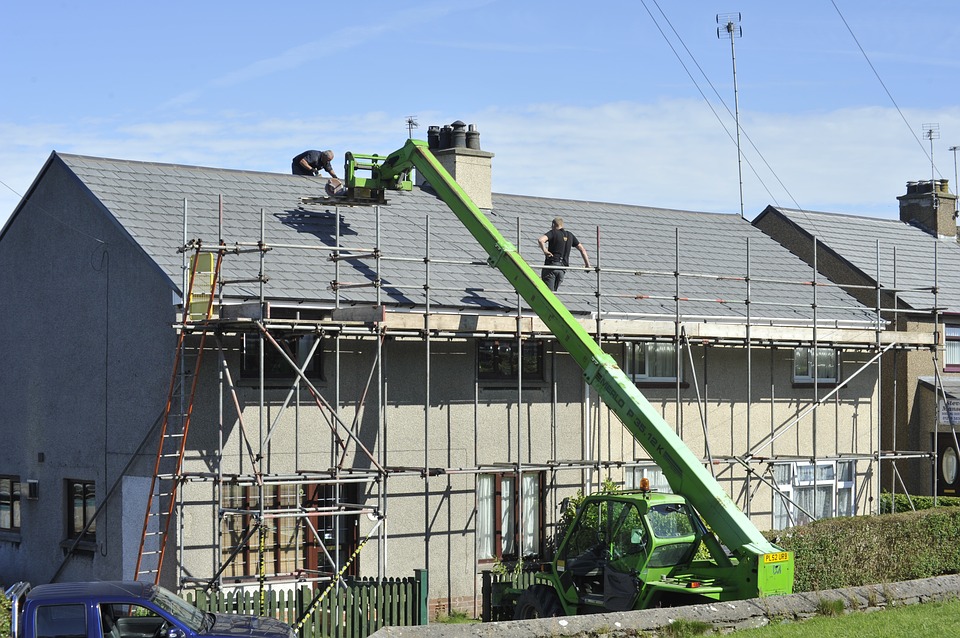Homeowners in England no longer need planning permission to build extensions on their homes. This will allow thousands of people to expand their homes cheaper and quicker.
The previous rules required homeowners to put in a full planning application for single-storey rear work; this cost over £200.
Thanks to the government’s scrapping of the red tape around planning, people can more easily acquire extra living space without having to dive into the deep end and move out.
Sue Painting, Licensed Conveyancer at our Barnsley Office, believes that this is good news and it will certainly help growing families.
“The new rules will reduce costs and red tape for families whose walls haven’t quite expanded with the family”, Sue explained.
Permitted development rules for extensions – things to consider
Although the new rules will make it easier for people to get extensions, it won’t just be an extension free-for-all…
Sue pointed out: “There is a difference in permitted sizes between town houses, semi-detached and detached houses, so you should carefully check the Planning Portal.”
The regulations cover single-storey rear extensions of up to 4m high and 8m added on for detached houses. Semis and terraced homes can similarly have extensions of 4m tall, yet no further than 6m extended on from the property, which still represents a double in the extension sizes allowed.
These planning permission guidelines have been in force for the past five years temporarily, seeing over 110,000 extensions. Due to the popularity of the rules during the half decade, the government has now made them permanent.
Prior to the guidelines being brought in temporarily in 2014, such planning applications had to go through local councils. The procedure of being granted planning permission would involve months of waiting for a decision.
Furthermore, they will still have to meet health and safety standards and building regulations.
“Also, try to think back to when you purchased the property. Is there a restrictive covenant about getting consent for any additional buildings or alterations?”, Sue added.
She also brought attention to the topic of council tax. She said that it won’t increase for you whilst you’re living at the property, even if you build an extension.
“However, you would have to declare the extension when you sell. This is because the extension may put the property into the next Council Tax band, which would affect a future buyer.”
Overall, this is good news for people and families looking to expand without moving elsewhere.




